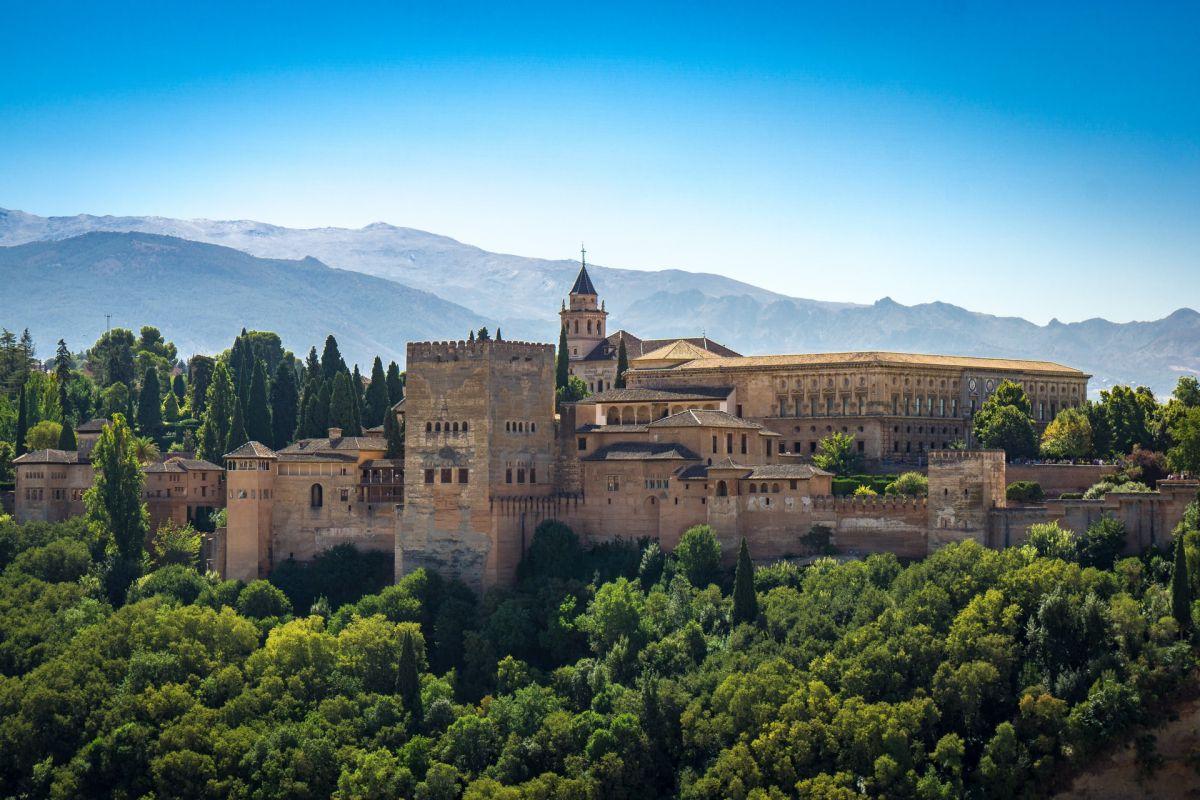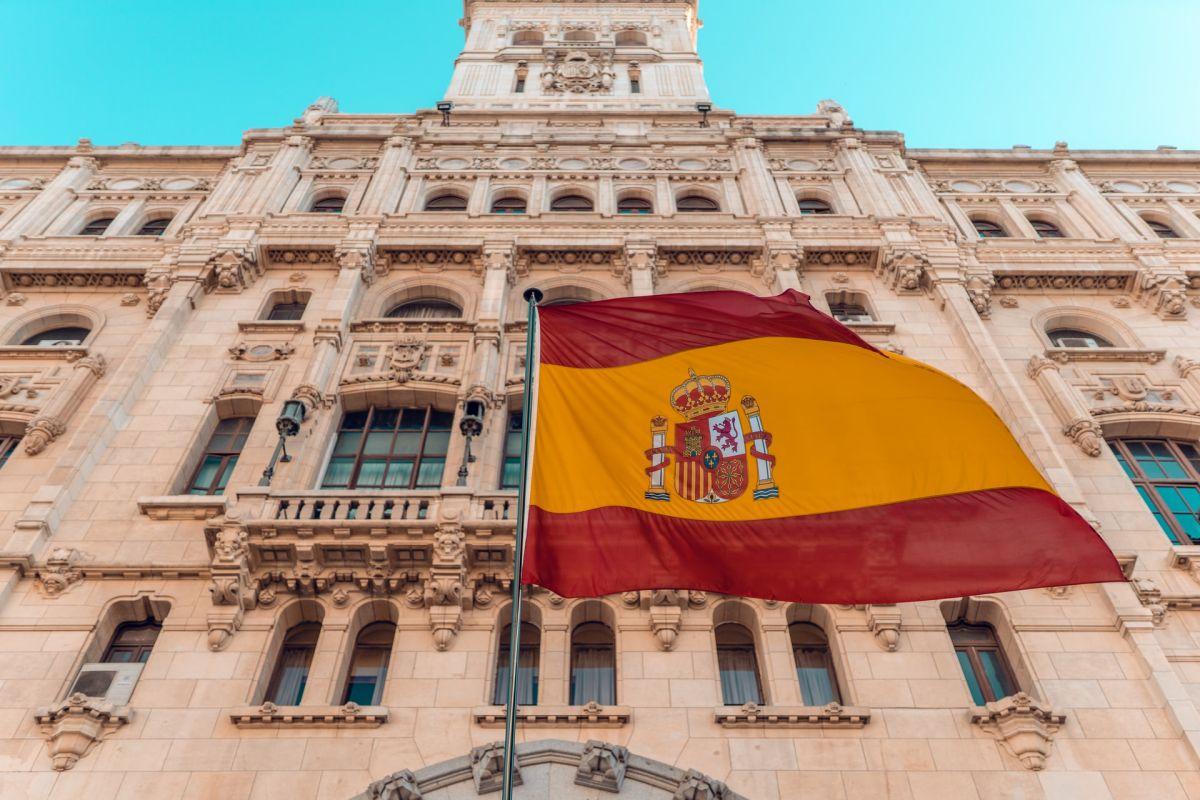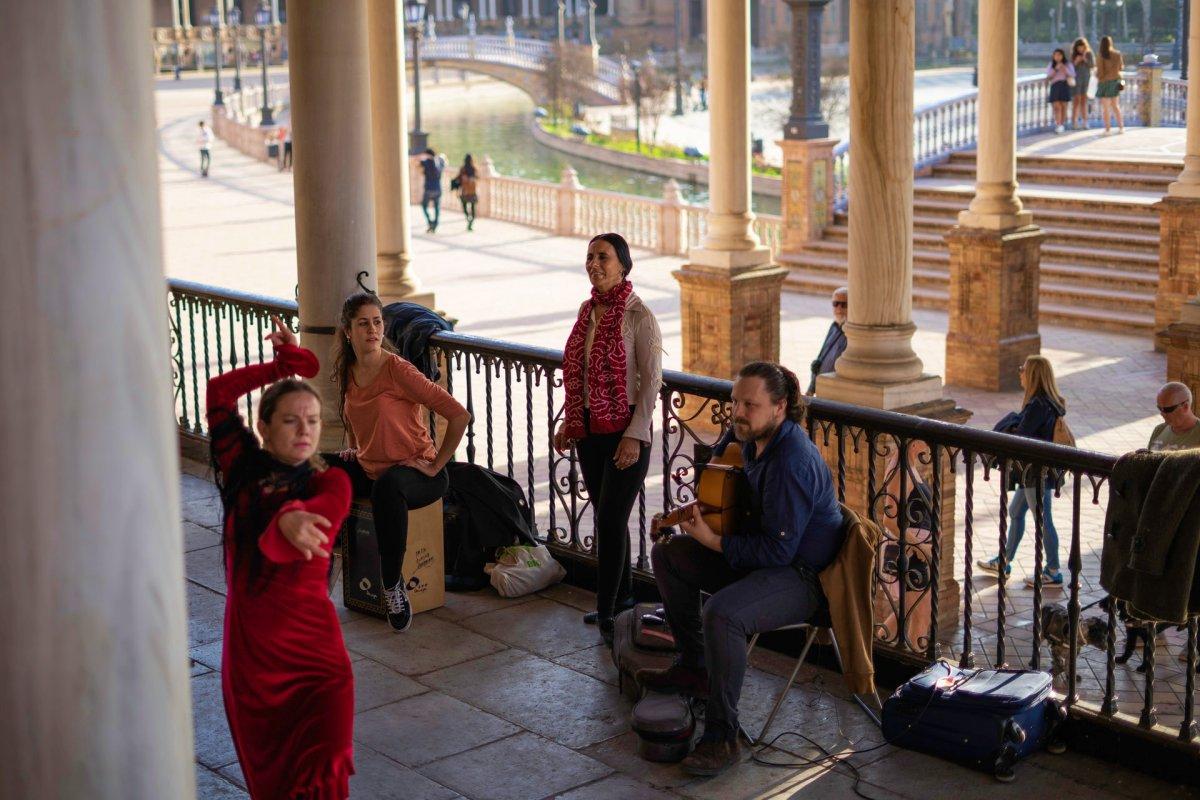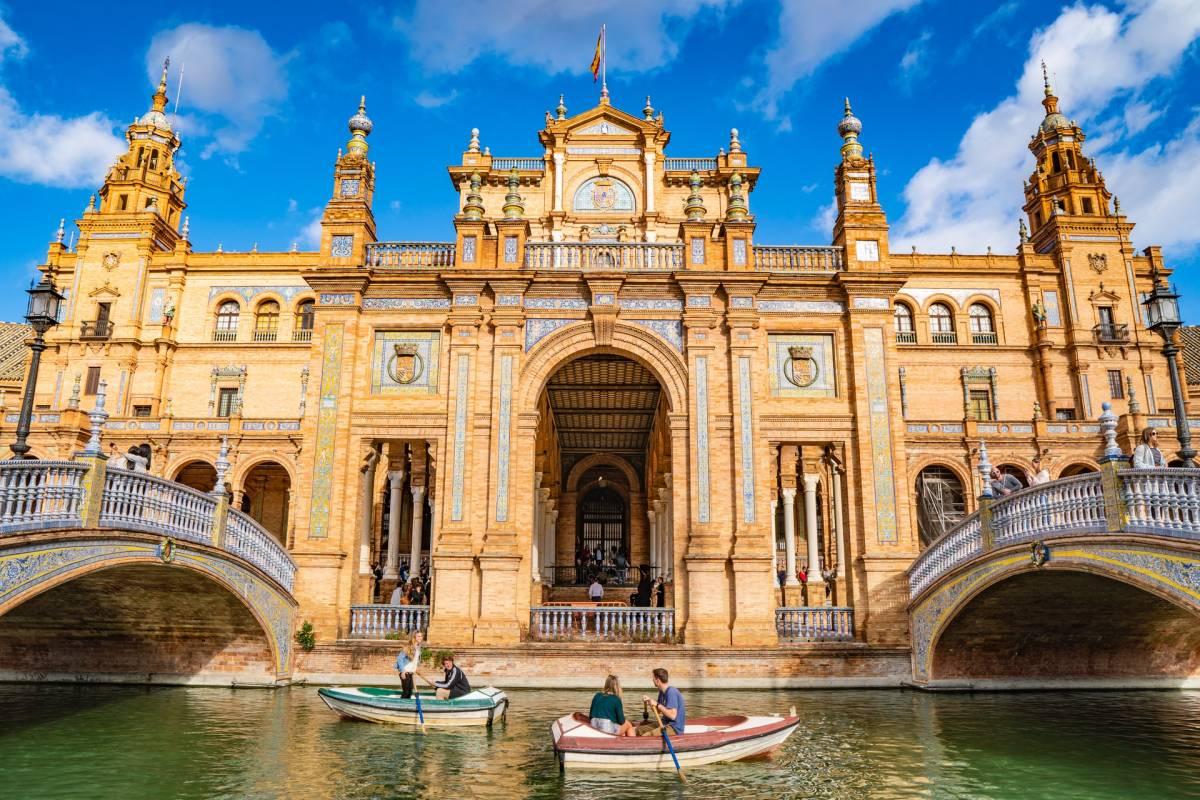12 Interesting Spain Religion Facts [100% true]
Did you know that Islam is quite present in Spain? Or that Spanish people are more and more atheists?
Learn more about religions and faith in Spain thanks to these 12 surprising Spain religion facts! 🙏🏽
TABLE OF CONTENTS [show]
The Best Facts About Religion in Spain
Spain has a huge religious and cultural history. It is known to be historically one of the most religious countries in the world.
There are some very interesting facts I thought you should know about it, so today I am listing the best facts about religion in Spain.
1. The vast majority of Spanish people are Catholic
The Reconquista, which ended in 1492, is the era during which Christian forces took control of Spain. Since it ended, the major religion in Spain is by far Catholicism, though it has been present in the Iberian Peninsula since Roman times.
Though this number is rapidly decreasing, more than 60 percent of the population identifies as Catholic. Not everyone is a practicing Catholic that regularly attends masses, but many Spaniards are cultural Catholics, still respecting traditions and participating in the major festivals like Semana Santa, in Seville for instance.
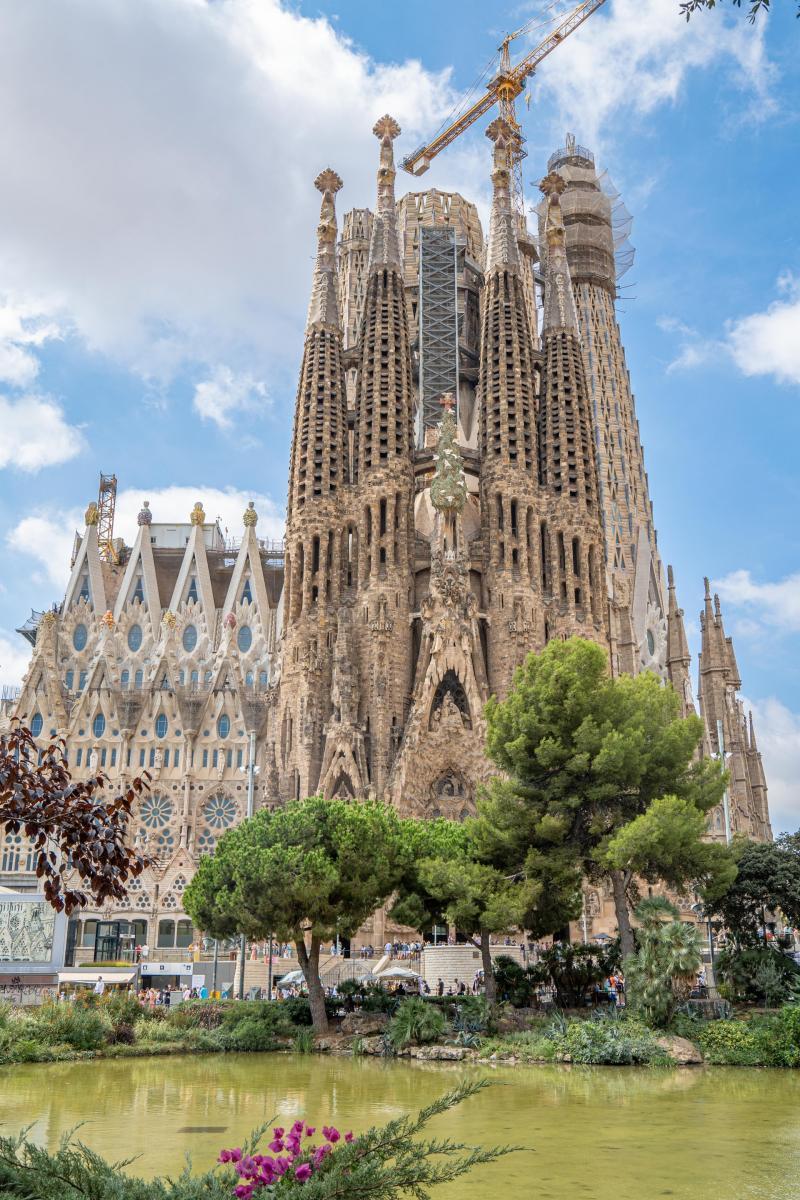
The most famous landmark in Spain is a Catholic church: Barcelona’s Sagrada Familia
2. Church and state were separated in 1978 in Spain
Another sign of the loss of importance of religion in Spain is that, while the Spanish Church and state used to be joined, they were separated in 1978. A few years earlier, in 1976, King Juan Carlos de Borbon renounced the right to name the bishops. After that, the Church had to name its own bishops and write a new Concordat with the state. This marked the progressive separation of Church and state.
The Spanish Constitution was revised in 1978 and added the right to religious freedom as well as the official beginning to remove Catholicism from the state religion.
3. Irreligion or atheism have been a thing in Spain since at least the 17th century
Do not be fooled by Spain’s history, culture, and traditions. The number of atheists is very quickly growing, especially in younger generations. In fact, irreligion and atheism have both been around in Spain at least since the 17th century! It significantly grew in popularity at the end of the 19th and at the beginning of the 20th centuries.
People claiming they were irreligious were severely repressed by the Francoist army during the Spanish Civil War. During the dictatorship that ensued, from 1936 to 1975, irreligion was not tolerated at all.
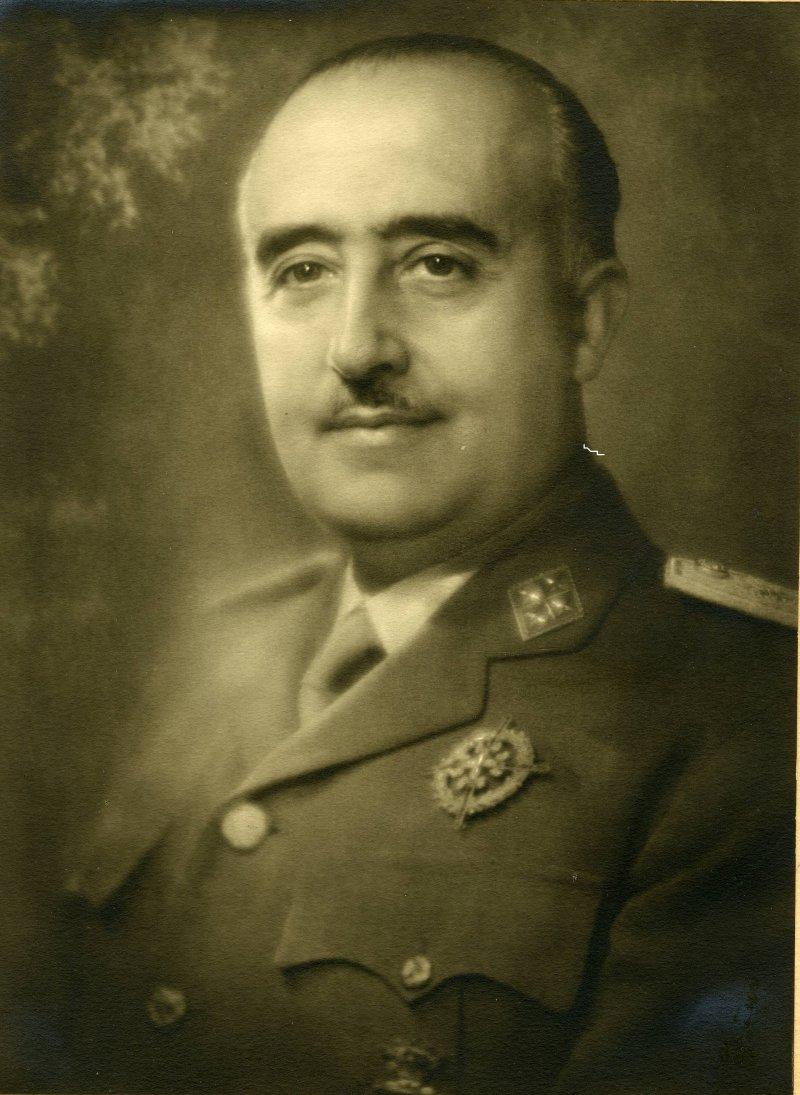
Francisco Franco, dictator of Spain from 1939 to 1975
4. Religion is still very publicly displayed in Spain
Whatever the number of religious people is in Spain, most holidays and festivals are still dedicated to Catholicism. Thus, religion is, to this day, publicly displayed through patron saints. The most famous festivals sometimes have a worldwide reach, like Semana Santa, the Romería de El Rocío in Huelva, or the Mystery Play of Elche.
These are more than just religious displays, they feature family traditions, partying, meeting with friends and relatives, and also sincere devotion of course. Surprisingly, the historical Pilgrimage to Santiago de Compostela is not popular among Spaniards but still draws lots of travelers.
5. Islam is relatively spread in Spain
Historically, the Moors arguably had the biggest impact on Spain. Through agriculture, architecture, and language, they helped the country make huge steps towards progress and civilization. Their most notable contributions include the Alhambra of Granada and the Alcázar of Seville.
To this day, you can still see the Arabic influence on Spanish, and Islam is increasing in numbers. Because of the waves of immigration starting in the 2000s, Islam quickly became the second largest religion in Spain (after Catholicism and irreligion). There are around 5 percent Muslim inhabitants, which tells a lot about the importance of Catholicism.
6. There are other lesser-known religions in Spain like Buddhism
On top of the almighty Catholicism, the growing irreligion and the runner-up Islam, other religions are still present in Spain, just like in any country. The most important ones of them are Judaism, Hinduism, Buddhism, Paganism, and Taoism.
There is less than 0.2 percent of Jews in Spain, and they mostly live in Madrid, Barcelona, and Murcia. Hinduists arrived in Spain in the early 20th century and there are 50,000 of them. Buddhists came later in that same century, and 300,000 of them live in Spain. Paganism and Taoism are very minor religions but still exist.
7. In practice, contemporary Spain is not particularly Catholic
Historically, Spain is one of the most important Catholic countries, but today, it is following the trend of most countries, in which religion is seeing a general decrease. Both abortion and gay marriage are legal in the country, and the state is separated from the Church. Those topics regularly create heated debates nowadays, because there are still some fervent Catholic devotees.
In summary, yes Spain is majorly Catholic, but at the same time, the irreligious inhabitants are a very significant part of its society.

Adolfo Lujan / CC BY-NC-ND / Gay Pride in Madrid
8. Before the arrival of Christianity, the dominant religions in the country were polytheistic
Christianity is relatively young in the Iberian Peninsula. While Arabic was dominant for hundreds of years, there were multitudes of polytheistic and animist practices in Antiquity. The most important of them were the Celtic, Roman, and Greek religions. The Apostle James is the one who brought the current religion to the region, according to the legend.
Later, Christianity spread through the peninsula during the Roman Empire and the Visigoth occupation times. The Visigoth King even converted to Catholicism and declared it would be the religion of the whole kingdom.
9. Catholicism became the official religion of Spain in 1851
Later in history, Catholicism became more and more important. At one point, in 1851, it was even declared the official state religion. It was renounced only 80 years later when the Spanish Civil War started. And while the war lasted, thousands of clergymen were slaughtered by the anti-government armies.
After that, during the Francoist dictatorship, Catholicism became the official state religion, and all the other ones were firmly banned. On top of that, religion-related notions like divorce, abortion, and homosexuality were also prohibited during that period.
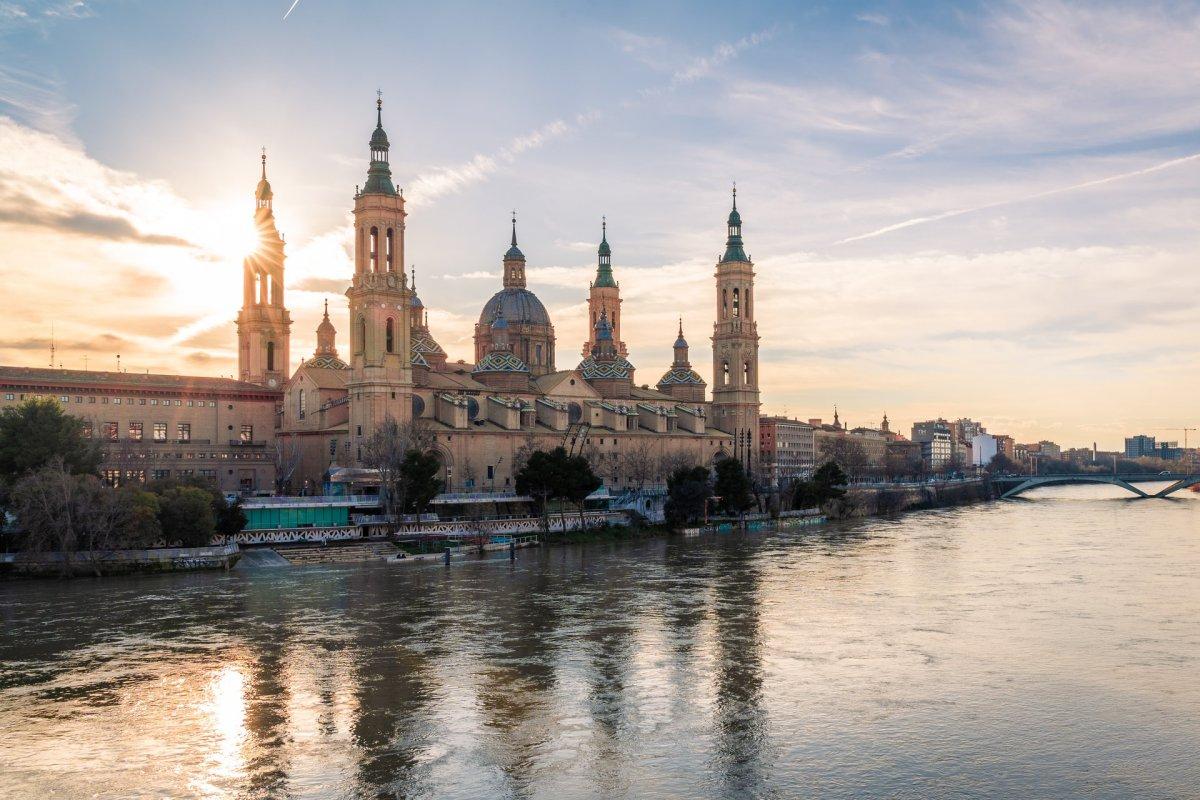
Cathedral-Basilica of Our Lady of the Pillar in Zaragoza
10. There are not that many practicing Catholics in Spain
While there are lots of Catholic people in Spain, barely a third of them are practicing. They regularly attend mass and follow the teachings of the Catholic Church. On the whole, they tend to live in rural areas and small villages. Their political views are mostly conservative. Among them, it has been shown that even if their number is steadily decreasing, their fertility rates, marital stability, and economic growth have all gone up significantly.
As for the non-practicing Catholics, they are generally younger and live in urban areas. They are baptized as Catholics but that’s about it, as they almost never attend mass.
11. Whatever the stats are, Spanish holidays are still dedicated to Catholicism
Yes, Spaniards are mostly Catholic but becoming more and more irreligious, but their holidays are still mostly dedicated to Catholicism. There are in fact tons of them!
For instance, the famous Semana Santa, the week before Easter, gathers lots of holidays: Holy Thursday, Good Friday, and Easter Monday. Other than that, lots of Saints are celebrated, like St. Joseph, St. George, or St. James. Spain is not an exception though, as most European countries like France or Italy still celebrate religious holidays to this day, even though lots of them are not Catholics.
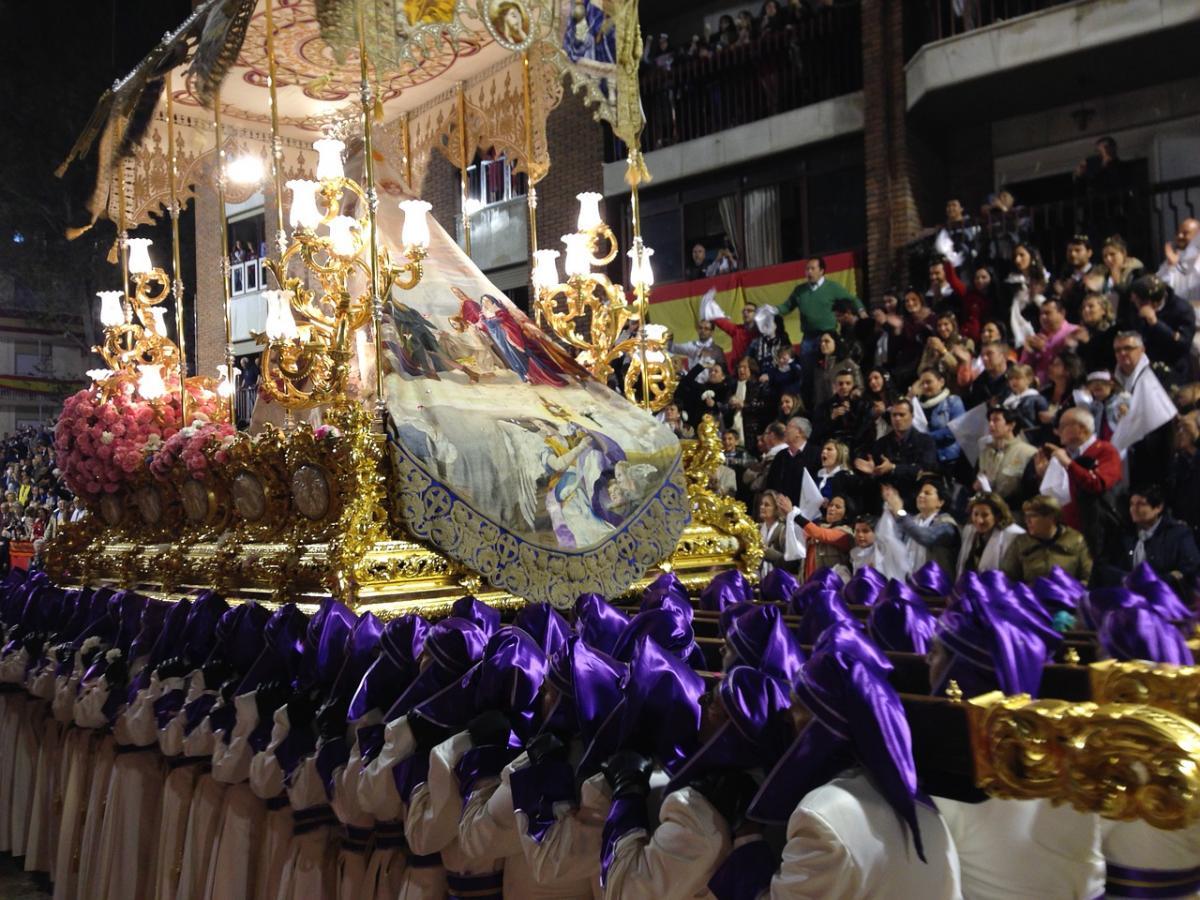
Semana Santa celebrations in Spain
12. Opus Dei, a secular religious institute, was founded in 1928 and is becoming less and less important
Opus Dei, which means Work of God, is a controversial secular-religious institute. Its decline is another sign of the church’s diminishing importance in Spanish life. It was a religious body with no political allegiance, founded in 1928 by a Spanish priest.
Despite what they claimed about politics, lots of Opus Dei members rose to occupy key positions in the Francoist dictatorship. It kept being secret and that is probably what made it so powerful in Spain. Now, it is just one of many groups competing for power.
And that’s it for the 12 Interesting Spain Religion Facts! I hope you enjoyed them and you learned something today.
In case you want to learn more, feel free to keep reading, I still have lots of facts to talk to you about:
More Facts!
Do you want even more facts about Spain?
Well, I have more facts about Spain, I’m sure you’ll love reading them!
Here’s the main guide of the best Spain facts 👉 All the Facts about Spain
Check out these facts by city/region:
- Facts about Madrid
- Facts about Catalonia
- Facts about Bilbao
- Facts about Barcelona
- Facts about Seville
- Facts about Granada
- Facts about Malaga
- Facts about Valencia
- Facts about Castilla la Mancha
Or these Spain facts by topic:
- Facts about the Spanish language
- Facts about Semana Santa in Spain
- Facts about Christmas traditions in Spain
- Facts about schools in Spain
- Facts about Spanish food
- Facts about bullfighting in Spain
- Facts about sports in Spain
- Facts about music in Spain
Or click here to see ALL the facts up on the blog! Spoiler alert: there’s A LOT of them.
The Full List of 12 Facts About Religion in Spain
- The vast majority of Spanish people are Catholic
- Church and state were separated in 1978 in Spain
- Irreligion or atheism have been a thing in Spain since at least the 17th century
- Religion is still very publicly displayed in Spain
- Islam is relatively spread in Spain
- There are other lesser-known religions in Spain like Buddhism
- In practice, contemporary Spain is not particularly Catholic
- Before the arrival of Christianity, the dominant religions in the country were polytheistic
- Catholicism became the official religion of Spain in 1851
- There are not that many practicing Catholics in Spain
- Whatever the stats are, Spanish holidays are still dedicated to Catholicism
- Opus Dei, a secular religious institute, was founded in 1928 and is becoming less and less important
Share the knowledge! Click on the buttons below to share these facts with your friends, and help them learn more about the world 🙂
